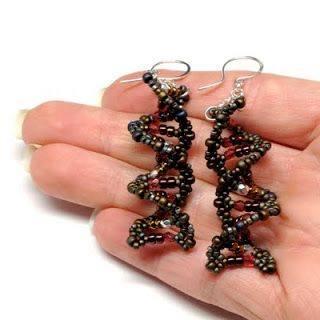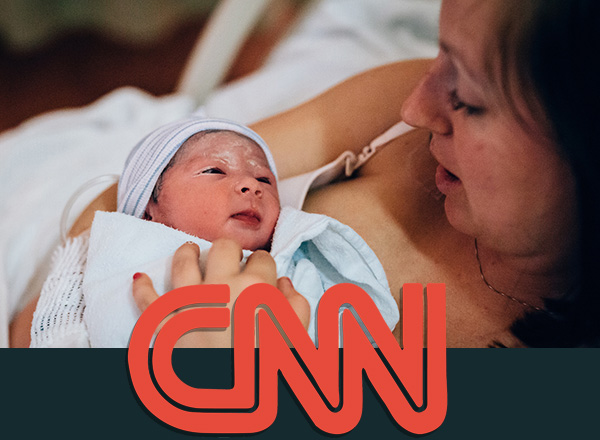Embryo Cryopreservation (Embryo Cryo): Understanding the Frozen Embryo Process

Embryo cryopreservation , also called embryo cryo, is a proven fertility preservation technique that freezes embryos at extremely low temperatures for long-term storage. A frozen embryo can be thawed years later and used for in vitro fertilization (IVF), offering flexibility and hope for people building their families on their timeline.
What Is Embryo Cryopreservation?
Embryo cryopreservation is part of assisted reproductive technology (ART). After fertilization in a lab (typically during IVF), the embryo is cooled to around -196°C using liquid nitrogen. This process halts biological activity, preserving the embryo's quality until it is needed.
The most widely used method today is vitrification , an ultra-rapid freezing technique that minimizes ice crystal formation, a key factor in keeping the embryo viable after thawing.
Why People Choose Embryo Cryo
- Medical necessity – Before cancer treatments, surgeries, or other medical procedures that could affect fertility.
- IVF efficiency – Storing extra embryos from a successful stimulation cycle for future use.
- Family planning – Delaying pregnancy without losing the advantage of younger, healthier embryos.
- Donor programs – Preserving donor embryos for matching and transfer at a later date.
Step-by-Step: The Frozen Embryo Process
- Egg Retrieval & Fertilization – Eggs are collected and fertilized with sperm in the lab.
- Embryo Evaluation – Embryologists assess embryo quality and development stage.
- Freezing (Cryopreservation) – Using vitrification, embryos are rapidly frozen to avoid damage.
- Storage – Embryos are kept in secure cryogenic tanks, where they can remain for decades.
- Thawing & Transfer – When ready, the frozen embryo is thawed and transferred into the uterus during a frozen embryo transfer (FET) cycle.
Benefits of Embryo Cryopreservation
- High post-thaw survival rates – Modern vitrification keeps embryos intact in over 90% of cases.
- Flexibility in timing – Aligns pregnancy attempts with life circumstances.
- Cost savings – Avoids repeating the entire IVF process in future cycles.
- Medical safeguard – Protects fertility before treatments that may impact reproductive health.
Risks & Considerations
- Embryo loss during thawing – Although rare, not all embryos survive.
- Storage costs – Clinics often charge annual fees for cryostorage.
- Legal & ethical planning – Couples must decide in advance what happens to unused embryos.
How Long Can Embryos Stay Frozen?
Scientific evidence shows embryos can remain viable for decades.
Real-world examples now exist of successful pregnancies resulting from embryos frozen for decades, such as a 27-year-old embryo resulting in a live birth in 2020, and more recently, a record-breaking case of a baby born from an embryo frozen for over 30 years.
While scientific studies of such long-term cryopreservation remain rare, retrospective data confirm healthy pregnancies from embryos stored for up to 17 years ( NCBI – PMC study ).
Frozen Embryo Transfer (FET)
When you decide to proceed, your frozen embryo is thawed and transferred into the uterus. FET cycles can be aligned with your natural cycle or with hormone therapy for optimal timing.
Frequently Asked Questions (FAQ)
1. Is embryo cryo safe?
Yes. Modern vitrification techniques have high survival rates and do not increase birth defect risks.
2. How long can a frozen embryo last?
Technically, indefinitely, as long as it's stored properly. Successful births have occurred from embryos frozen for over 25 years.
3. Does freezing affect success rates?
Not significantly. In many cases, frozen embryo transfers match or even exceed fresh transfer success rates.
4. Is embryo cryopreservation expensive?
Initial freezing is part of the IVF process, with storage fees typically charged annually.

